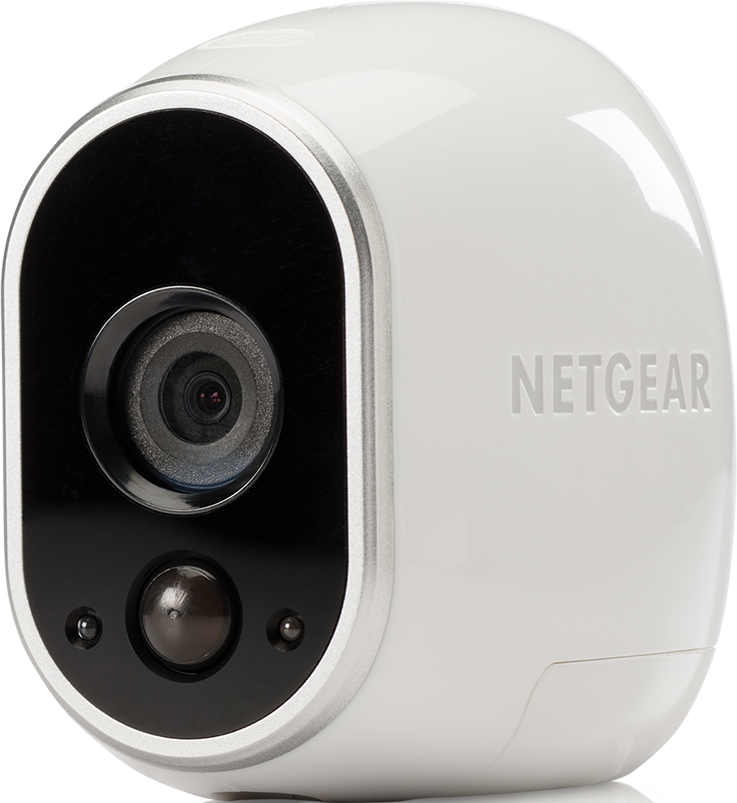This topic has been marked solved and closed to new posts due to inactivity. We hope you'll join the conversation by posting to an open topic or starting a new one.
- English
- /
- Cameras
- /
- Arlo Essential Wire-Free Cameras
- /
- What can I do if/when essential series battery cap...
- Subscribe to RSS Feed
- Mark Topic as New
- Mark Topic as Read
- Float this Topic for Current User
- Bookmark
- Subscribe
- Printer Friendly Page
- Mark as New
- Bookmark
- Subscribe
- Mute
- Subscribe to RSS Feed
- Permalink
- Report Inappropriate Content
Solved! Go to Solution.
- Related Labels:
-
Features
Accepted Solutions
- Mark as New
- Bookmark
- Subscribe
- Mute
- Subscribe to RSS Feed
- Permalink
- Report Inappropriate Content
@SkyBlue99 wrote:
I have recently purchased a number of Arlo essential spotlight wire free cameras. I have noticed that the batteries are non-removable. Batteries chemically age over time and lose capacity. If/when they no longer hold enough power per charge for me, what can I do? Do I throw the cameras away?
Unfortunately the batteries aren't user-replacable - so you would need to discard them.
Assuming 300 charge cycles, then if you recharge them about once a month, you'd end up with a 25 year battery life. Not sure you'd actually see that (as battery aging would also come into play), but it does suggest that the cameras might well fail before the batteries do.
FWIW, you don't want to let the batteries fully discharge, it's best to recharge them when they reach around 20%.
- Mark as New
- Bookmark
- Subscribe
- Mute
- Subscribe to RSS Feed
- Permalink
- Report Inappropriate Content
@SkyBlue99 wrote:
I have recently purchased a number of Arlo essential spotlight wire free cameras. I have noticed that the batteries are non-removable. Batteries chemically age over time and lose capacity. If/when they no longer hold enough power per charge for me, what can I do? Do I throw the cameras away?
Unfortunately the batteries aren't user-replacable - so you would need to discard them.
Assuming 300 charge cycles, then if you recharge them about once a month, you'd end up with a 25 year battery life. Not sure you'd actually see that (as battery aging would also come into play), but it does suggest that the cameras might well fail before the batteries do.
FWIW, you don't want to let the batteries fully discharge, it's best to recharge them when they reach around 20%.
- Mark as New
- Bookmark
- Subscribe
- Mute
- Subscribe to RSS Feed
- Permalink
- Report Inappropriate Content
- Mark as New
- Bookmark
- Subscribe
- Mute
- Subscribe to RSS Feed
- Permalink
- Report Inappropriate Content
@SkyBlue99 wrote:
They on a busy corner and my brother-in-law wants to catch activity in the street too in case the culprit throws the eggs from the street, so the cameras do get a quite a bit of action too though.
That will of course drain the batteries a lot faster.
After you resolve the egger problem, you can adjust the field of view so it doesn't capture the street - which will improve the battery life. Though I've found that headlight glare will still sometimes trigger the cameras at night.
BTW, activity zones (and smart notifications) won't improve the battery life. The recordings are still made and streamed to the cloud. Then the cloud decides what recordings to keep.
- Mark as New
- Bookmark
- Subscribe
- Mute
- Subscribe to RSS Feed
- Permalink
- Report Inappropriate Content
-
Arlo Essential Spotlight
2 -
Arlo Mobile App
362 -
Arlo Secure
1 -
Arlo Smart
134 -
Before You Buy
239 -
Bevor Sie kaufen
1 -
Detección de Movimiento
1 -
Dépannage
1 -
Features
296 -
Installation
373 -
offline
1 -
Online and Mobile Apps
1 -
Online und mobile Apps
1 -
receipts
1 -
totally frustrated
1 -
Troubleshooting
1,697 -
VMC2030
2 -
VMC2030-100EUS
2 -
Warranty & Contracts
1
- « Previous
- Next »
